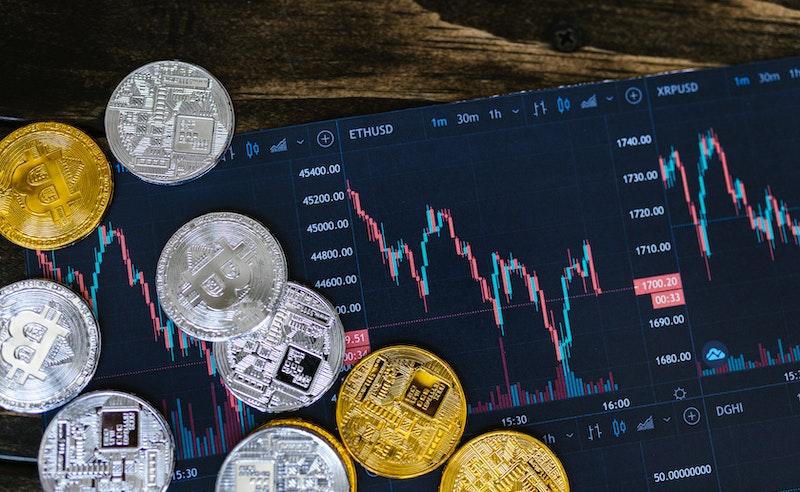Jan 9, 2023
by Guest Author
A Beginner’s Guide to Investing in Crypto
.
Disclaimer: The views and opinions expressed in this article are for informational purposes only and do not constitute financial, investment, or other advice. Investing in or trading crypto assets comes with a risk of financial loss.
As a keen observer of every latest development in the crypto world, Guest has formed a sound understanding of how the blockchain and cryptocurrency works. Guest likes to keep a tab on all the trends within the crypto industry and treats our readers with insightful content.
